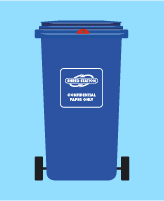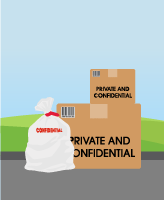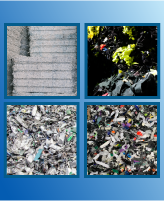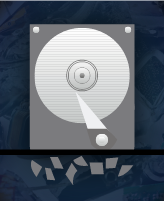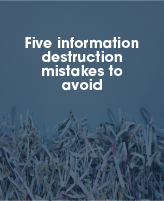
Five information destruction mistakes to avoid.
Destroying personal or confidential information can be arduous work, especially if you have quite a lot to get rid of. As well as considering what to do with the destroyed end product, you must also consider safety, the environment, and your legal responsibilities if you destroy commercial waste. Here are five information destruction mistakes you.

